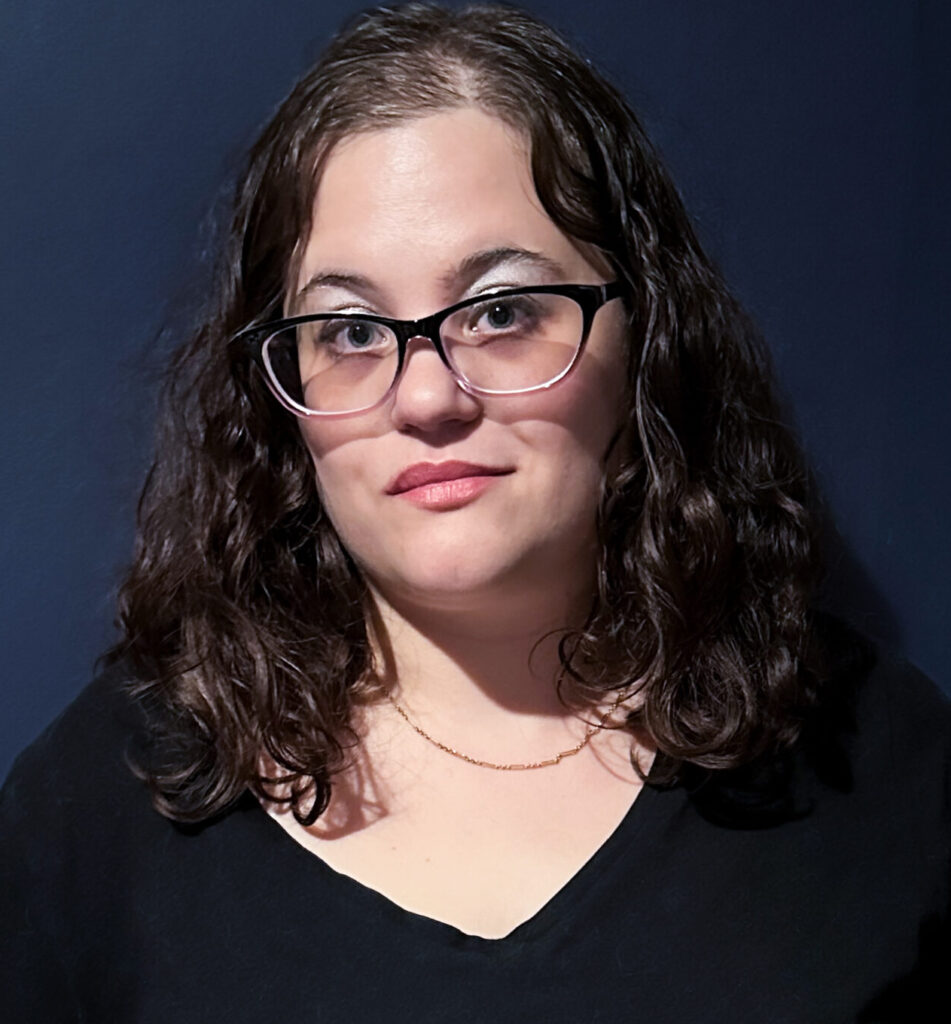
As a new, lesser-known condition, there is one thing I think needs to be verified by scientific efforts so that we can settle the debate once and for all: do behavioural analysts have any business treating misophonia? The most basic answer to this question is that currently, no one has any business treating misophonia. What I find most disturbing is that behavioural analysts have stepped into the fold to try and offer a “remedy” for the condition. Now, there is nothing illegal here so long as they are operating within the confines of their professional industry, but I worry that some of these “behaviour” specialists are toting exposure therapy– which I do not believe works.
I would suggest that currently, audiologists, neurologists, psychiatrists, psychologists, and psychotherapists have no official treatment for misophonia, and thus nobody should be claiming to offer treatment for the disorder.
Behavioural analysts and even cognitive-behavioural based therapists in my experience have been the most egotistical when saying they have the answers for misophonia. This is, of course, despite verifiable evidence that misophonia has a brain-based component that is deeper than cognitive functions.
It is my opinion that ethically-based practices should always be scientifically based. Misophonia is not in any diagnostic manual and yet you can find “providers” who claim they can “cure” and “treat” the disorder. However, I have yet to find actual proof that any of these “treatments” work. Sensory information is cumulative, and many behavioural therapies are essentially torture devices. As I said in 2016, this is in my opinion a cash grab. However, I know I cannot speak for these clinicians and their beliefs and intentions. That said, I can’t imagine still toting a treatment despite persons with the disorder, research, and parents of those with the disorder begging for these practices to stop.
I am not talking about CBT itself- Cognitive Behavioural Therapy is not an all-inclusive term, but just a type of therapies and category. Many CBT programs are helpful for misophonia, but this does not mean they are a treatment, to quote myself on CBT:
I am not saying that CBT is not helpful for misophonia. Like all coping skills approaches there is room for CBT in the room when we are trying to help people with misophonia mitigate the after-effects of the disorder and learn how to live in a world that is not accommodating to their sensory needs. Yet, this does not mean that CBT is the be all and end all, and it absolutely does not mean that we should be toting things like exposure therapy (if exposure worked we’d all be cured, none of us can completely ignore stimuli). Misophonia is also not a behavioural disorder. We do not learn to hate sounds and we cannot learn not to. In fact, saying that misophonia is “hatred of sounds” in general is untrue because there is already proof that there is a brain basis and the amygdala and fight-flight are involved (Kumar, 2018).” Source: Original post.
Persons with misophonia have the right to choose the services and treatments they want. Practitioners have the right to offer treatments within their scope of practice. But, at what point do we admit that offering “treatments” for a disorder that has not yet offered treatments in literature or double-blinds as unethical? I have my doubts that Behavioural Analysts will provide adequate treatments. By distilling misophonia to a “behaviour” problem, we are furthering the stigma that persons with misophonia are merely bratty-children who have just been “raised-wrong” or are trying to control others. We are not. We are people who would do anything in the world to not have this disorder. I am sick of practitioners suggesting otherwise.
If you are looking for misophonia coping skills, you can go here to see coaching (worldwide) and here to see therapy (Canada) options with Shaylynn Hayes-Raymond. Shaylynn also offers both live and on-demand webinars for misophonia.







